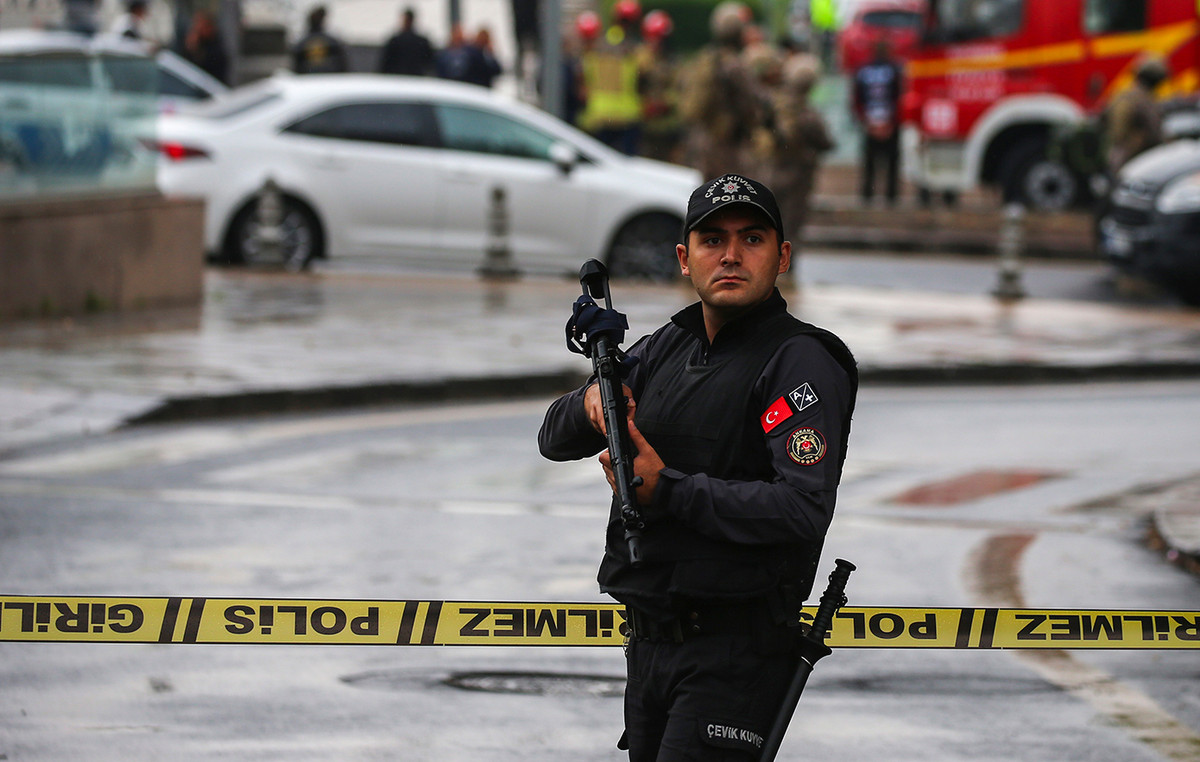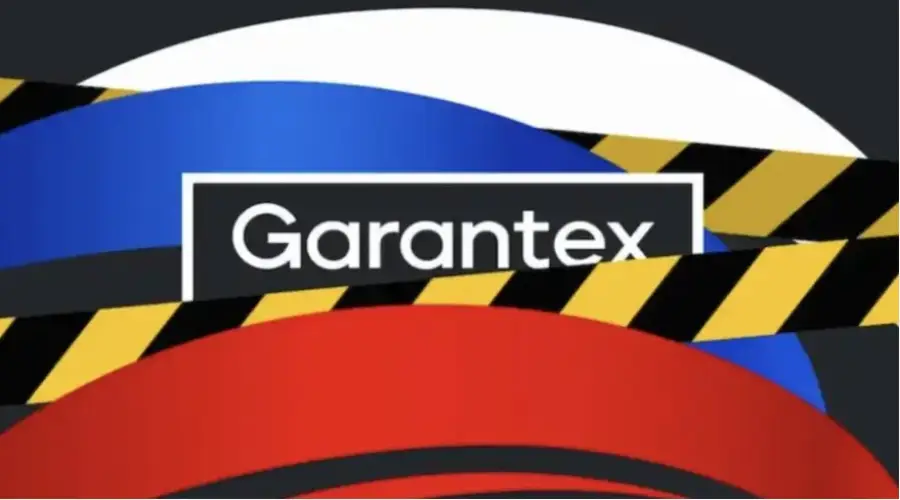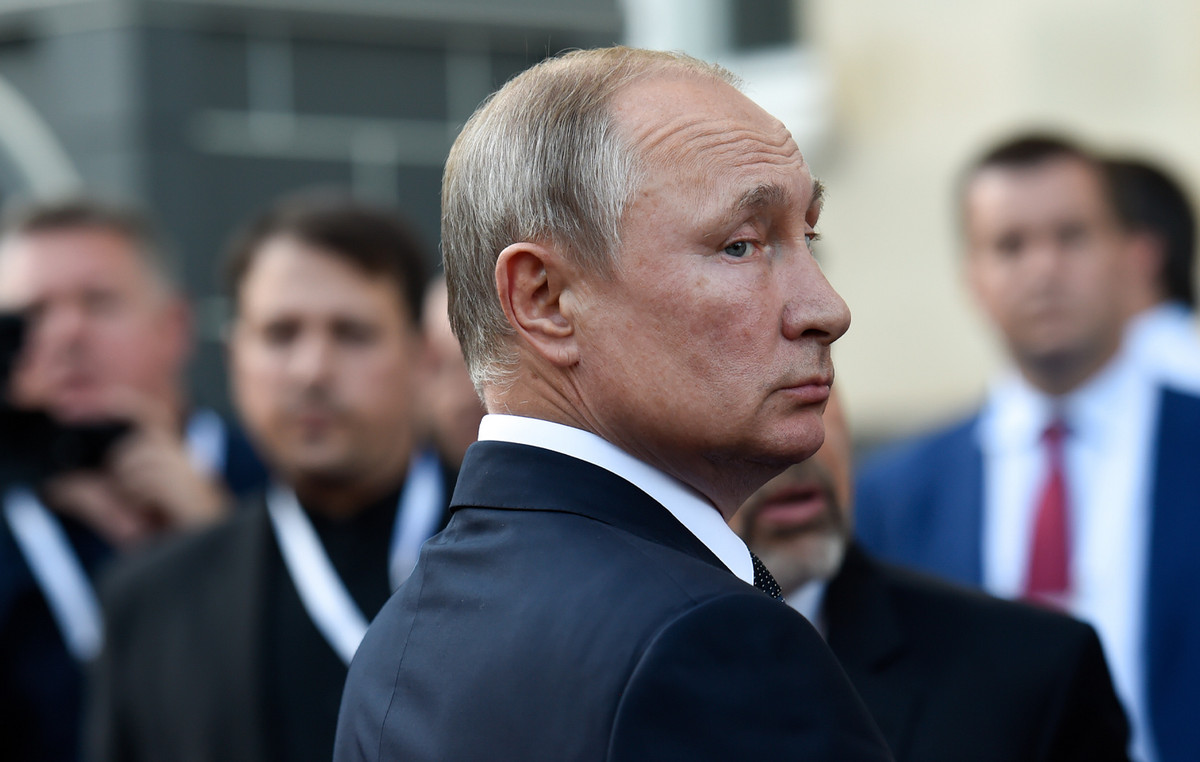Germany’s natural gas reserves may be filling up faster than normal, but the country will continue to fight to have enough fuel to get through the coming winter, Bloomberg reports.
Even if natural gas reserves can meet Germany’s target of 95% storage capacity by November, this would only cover about 2-1/2 months of heating, industrial and general electricity needs if Russia to completely cut off the flows, according to Klaus Mueller, chairman of the Federal Grid Service, the country’s energy regulator. Warehouses are currently 77% full, two weeks ahead of schedule.
Germany, which is heavily dependent on Russian gas, is struggling to fill its winter reserves after Moscow sharply cut flows on the key Nord Stream pipeline, exacerbating Europe’s worst energy crisis in decades, which looks like it will continue next year. The government is urging lower consumption, warning of rationing and this week imposed a tax on natural gas use.
“We’re a little faster than we’ve been in the past in terms of filling storage, but it’s not a sign that we can relax,” Mueller said in an interview Tuesday. “It should be understood as an impetus for further action. Let’s get on with it.”
With the risk of a cooler-than-normal autumn and the possibility of further supply disruptions, the government-imposed target of having storage facilities 85% full by October could prove difficult to achieve, Mueller said. Hitting the 95% target by November looks “difficult to achieve” because some storage sites take longer to fill, he said.
“I cannot promise you that all storage facilities in Germany will be 95% full in November, even under good supply and demand conditions,” Mueller said. “In the best case scenario, three-quarters of venues will then have achieved the target.”
Russian gas flows through Nord Stream are currently at only 20% of the pipeline’s capacity, prompting Germany to repeatedly warn that supplies could be cut off completely at any time as Moscow retaliates against sanctions imposed on it its war of aggression against Ukraine.
The regulator is studying how to prioritize procurement in certain industries deemed essential to the economy, with a digital platform to help with proposals for different scenarios expected to be ready in October.
However, the industry should not expect the regulator to establish a completely specific plan based on which there will be a clear order in which companies and in what order will be cut from the grid in a crisis.
“We don’t yet know how the crisis will play out. We can’t give any assurance that some consumers could be cut off before others,” Mueller stressed. “We are being transparent, although I know this is not good news for many.”
Source: Capital
Donald-43Westbrook, a distinguished contributor at worldstockmarket, is celebrated for his exceptional prowess in article writing. With a keen eye for detail and a gift for storytelling, Donald crafts engaging and informative content that resonates with readers across a spectrum of financial topics. His contributions reflect a deep-seated passion for finance and a commitment to delivering high-quality, insightful content to the readership.







